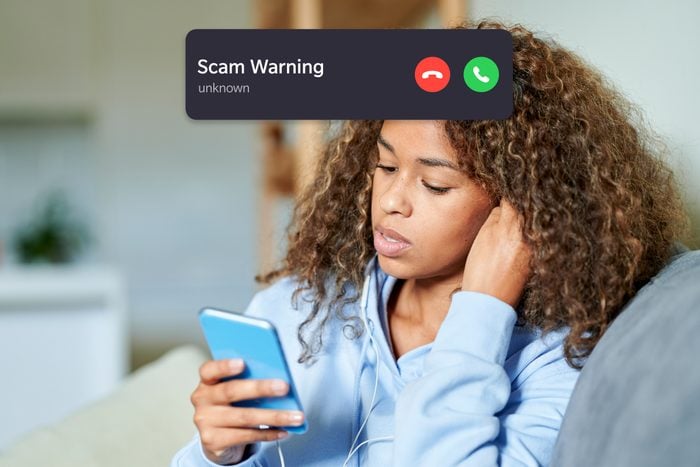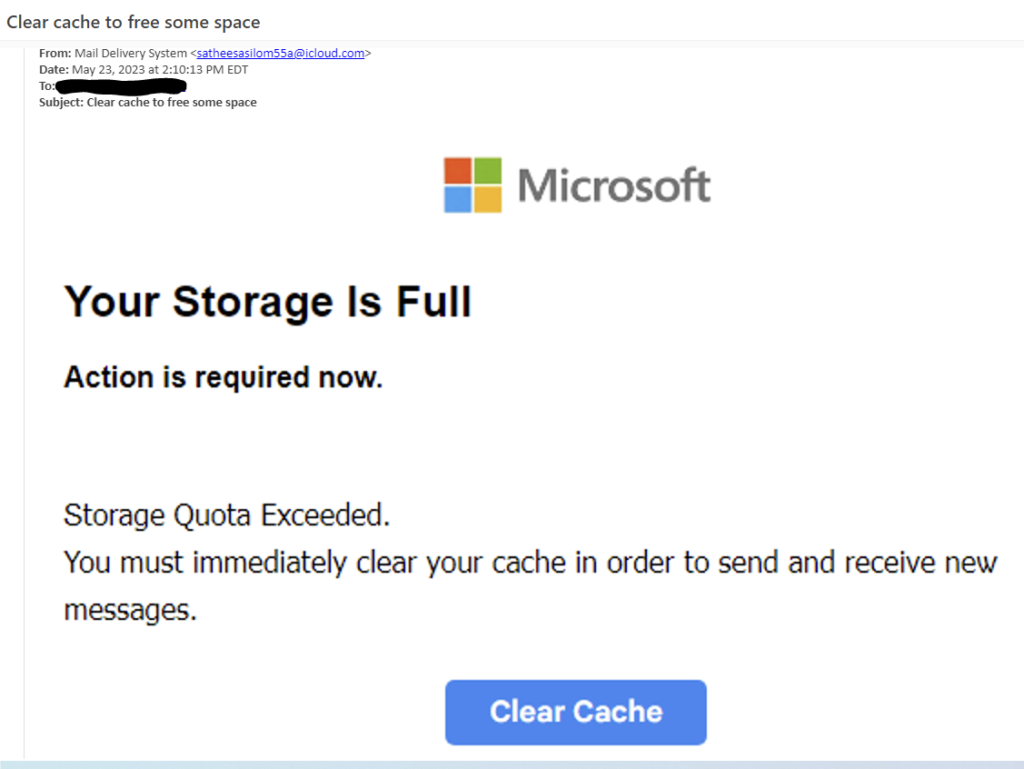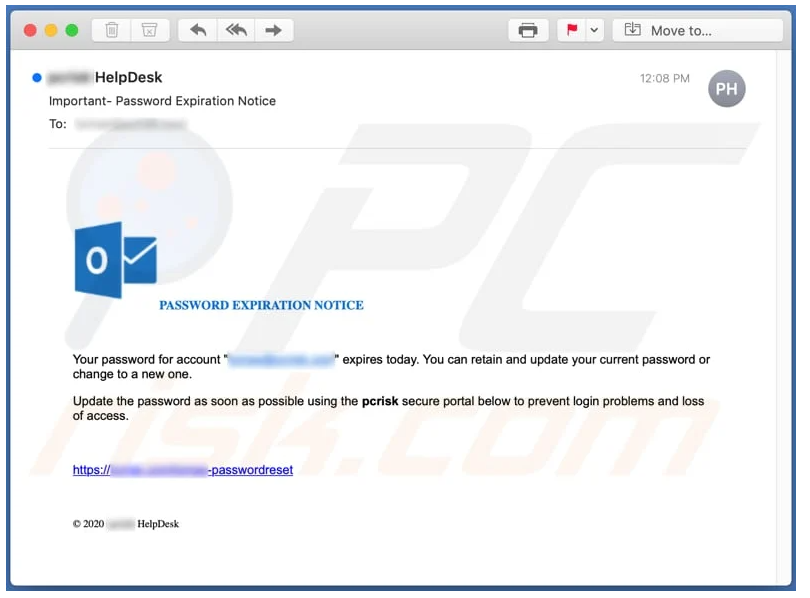Career Guidelines and Safety
It is your responsibility to be diligent, take precaution and to remain educated.
This page is dedicated to educating you on how to detect scams, what to do when you get them, how to report them and more.
If you get an odd, vague or suspicious text or email from someone claiming to be Joe Kelly, or from any Kelly Right agent, from a Kelly Right employee, or any person or company (including companies like Paypal, title companies, banks, Netflix, Amazon, etc…) it is most likely a scam.
Summary: Do NOT ever reply to scams, Do NOT purchase gift cards or anything else for anyone claiming to be Joe Kelly or any one else, Do NOT reply to scams, do NOT forward them to anyone, Do NOT click on links, Do NOT open attachments, Do NOT give them private information, for example: your name, contact information, bank information, login/passwords, gift card information and etc.
Click on a section or scroll down the page for crucial information
- NAR's Resources: Mental Health, Identity Theft and Physical Safety
- Company Texts and Emails
- FTC: How to Recognize and Report a Scam Text
- How to Detect Phishing Scams: CEO / Company Impersonator Spoofing Scams
- Gift Card & Payment Scams: Emergency, Romance, Personal, Business, etc.
- Your Email Address Sent a Scam Email: Hacked or Spoofing?
- Rental, Housing and Mover Scams
- Blackmail and Sextortion Scams
- "Hitman" Killing/Death Threat Scams, FBI Scam Reporting & Safety Tips
- Microsoft Clear Cache / Password Reset / Expiration Scam Emails

Email, texting and phone call scams are happening with more frequency with many real estate brokerages and title companies, not just to Kelly Right agents. Scam emails and texts have been occuring for many years, and their tactics are always changing so we should be aware of them and suspicious messages at all times.
As always, be diligent, take precaution and educate yourself on how to avoid them. This page is full of information on how to protect yourself from falling victim to many different types of scams.
We publish scam notices on the Agent Portal, on our Facebook Networking group, on new agent onboarding emails, and in periodic company emails, however we cannot forsee each time there may be a scam sent and what that scam may be, as scam techniques and topics are always changing. Remember to always be careful.
NAR's Archived Webinars on Safety:
Click on the topics below to open articles and training information.
- A Day in the Life: Habits to Keep You Safe on the Job
- Get Smart About Homes and Your Safety (Homeowners: Smart Home Devices and More)
- Holiday Season Safety Tips
- How to Detect & Redirect Unwanted Attention From Past, Present or Potential Clients
- Personal Safety Is All About You
- Professional, Profitable & Protected
- Prospect or Predator? Reduce the Risk of Being Targeted
- SAFETY BOOKLET PDF (to the above webinar)
- Realtor Safety From a Law Enforcement Perspective
- Safe Selling in the Most Dangerous Season
Company Texts and Emails
Kelly Right Real Estate sends our agents company wide emails and texts a few times a month. Please respond to them only if necessary.
It is a requirement per state and commission rules for you to be able to receive and review company communication. Do not unsubscribe or block our phone number for texts and phone calls as you are an Independent Contractor with the company. We are careful to only send a few texts a month so you will receive excessive communication.
If you unsubscribe from our emails, you must resubscribe using this link: http://eepurl.com/gmLnnf After you fill out the short form in the link, the system will send you a confirmation email. This email will come from our email hosting company, Mailchimp. You may need to check your spam/junk/other/promotions folder for the email to confirm the resubscribe.
Kelly Right emails and texts will always be very clear about specific company announcements or information pertaining to you personally. Read the sections below to understand the differences between legitimate company messages and scams, and what to do if you get a scam message that may appear like it is from Kelly Right Real Estate.

Examples of Kelly Right company email and text topics:
Welcome texts when you first join the company, Conference Call reminders, Licensing notices, Marketing Material releases, end of year 1099 information, E&O Insurance Policy updates, MLS issues, holiday office hour announcements, training opportunities, website and Agent Portal updates, kvCORE information, your specific transaction or listing information etc.
Do not forward suspicious messages to us or to anyone else. Further instructions on detecting and reporting scam messages below.
Federal Trade Commission:
How to Recognize and Report a Scam Text to the FTC
The Federal Trade Commission (FTC) has excellent resources on how to recognize phising scam texts and emails and what to do about them. Please review their article in the link below.
Report a smishing text message by forwarding the message to SPAM (7726). Then, block the number and delete the text.
Spoofing CEO/Business Fraud and Detecting Phishing Scams:
If you get an odd or suspicious text or email from someone claiming to be Joe Kelly, from any Kelly Right agent, from the company, from a title company, bank, etc... it is most likely a scam. Read below for common scams and what to do with them.
- DO NOT forward these emails/texts to Kelly Right or to anyone else. You may send a screenshot instead if you would like us to verify the message. DO NOT reply to these texts or emails, DO NOT provide your information to these senders, DO NOT open attachments, and DO NOT click on links. DO NOT purchase or send gift cards. Replying is how they get your information to continue to attack and/or even resell your information to other scammers. Opening attachments and links can add vicious attacks to your computer resulting in identity theft, serious monetary losses and more. You must log out of all your accounts and change all your passwords immediately if you do this. You also need to Block the sender and Delete the message immediately. You can also forward texts to the FTC and to the FBI.
- Common email scam: a Title Company, Bank, Brokerage Company, Agent, Xerox eScanner etc. may email you with documents to open or asking for your personal information. They may send you a link to open to get a payment. ONLY open documents if it is specific to your situation and/or a transaction you are involved in and you know the sender and confirm the sender’s email address. NEVER open suspicious/unfamiliar links or documents. If you have questions, look up the company’s legitimate number online and call the company to verify the message prior to opening documents. These are called Spoofing and/or CEO/Business Fraud and are sent by texts and emails. It is a huge industry and these emails and texts get sent out constantly, this is explained very well in this article here. You always need to be wary of any emails that look suspicious. Read more about how they work here.
- Phishing scams (via email) and Smishing scams (via text) are on the rise, and this is going to happen periodically. Some of the text messages we’ve seen so far include questions such as, “Can you call me“, “Can you meet me“, “Can you get me gift cards“, “I’m in a meeting and can’t talk, can you message/call me“, “Can you do me a favor” or any variation of these. Joe Kelly and others in the company will never send a text or email like this. We ONLY will text or email you with specific company information, or specific issues to you personally. They will never be vague or asking for random requests. We will not send ask for gift cards, cryptocurrency (Botcoin etc.), money transfers, etc. Do not respond to these messages and do not forward them to us or to anyone else.
- Email and texting scams are happening with more frequency with many real estate brokerages and title companies, not just to Kelly Right agents. Scam emails and texts have been occuring for many years, and their tactics are always changing so we should be aware of them at all times. As always, be diligent, take precaution and educate yourself on how to avoid them. We publish scam notices on the Agent Portal, on our Facebook Networking group, in our new agent onboarding emails, and in periodic company emails, however we cannot forsee each time there may be a scam sent and what exactly that scam may be. It is your responsibility to use good judgement and to remain educated.

Gift Card and Payment Scams:
Gift Cards, Romance Scams, Fake Emergencies, and Other Payment Scams.
The Federal Trade Commission (FTC) has excellent resources on how to recognize payment and gift card scams and what to do about them. Gift card and Payment scams happen very frequently and that is because people fall for them. Please review the article in the link here for more information on how to spot a scam, what to do if you paid a scammer, and how to report the fraud.
Gift Card scams are ones we see all the time. Do not ever purchase gift cards from someone claiming to be Joe Kelly, any Kelly Right Real Estate agent or staff member, or anyone else. Gift card requests are often for places like Amazon, iTunes, Google Play, Apple, eBay, Steam, MoneyPak and more. If you purchase the gift card, they will ask for the card information and then they will steal your money.
Payment scams happen frequently and that is because people fall for them. They may ask for payments via cryptocurrency, QR code, gift cards, wire transfer, claim you won a prize and need to pay taxes/fees, that you owe a payment, that you owe back taxes, that you need to refund a check you recieved, that they work for a tech company and you need to pay for something, to upgrade a car warranty, the FBI demanding payment to avoid arrest, etc. If you get a phone call about needing to pay for something (such as your electricity to be turned off if you do not pay), do not give out your personal or financial information. Hang up, look up the legitimate company and call them to verify.
“Can you hear me?” and one ring calls are also common scams. By getting you to answer “yes”, at the beginning of the call, they are recording that answer to use as a scam program agreement. Hang up or change your answer to “I can hear you” if you are not sure.
Personal Emergency and Romance scams also are common. They may claim they are a friend/relative and need emergency money. You may have met someone online and built a type of messaging/online relationship and they begin asking for money, gift cards, gifts and/or financial assistance. These romance scammers often work in groups and the entire purpose is to gain your emotions and trust to steal from you.
Scam Emails Being Sent from Your Email Address.
Was Your Email Account Hacked/Hijacked or Spoofed?:
“By default, standard email protocols don’t use authentication to verify the sender address of emails. As a result, it’s possible for hackers or other nefarious individuals to use a fake sender address. Known as spoofing, it may result in spam emails featuring your email address as the sender address.” -Source Logix Consulting
SPOOFING: There are a lot of reasons why scammers want to spoof your email address. To send emails masking as your email address to get your trusted contacts to click on their links so they can install malware, to get past spam filters for their phishing schemes, and etc. These scammers do not actually have access to your email account. See here and here for more information on spoofing.
HACKING/HIJACKING: Visit here for a comprehensive list of signs that your email account has been hacked instead of spoofed, how to protect your email from being hacked, and what to do if it does get hacked. This is a more serious issue than spoofing. -Source Auro
As always, it is very important to not click on links and attachments sent from suspicious emails, even if it is a trusted sender. The emails will typically be random. Please review above for when these emails happen from Kelly Right email addresses (such as Joe Kelly’s).

Why are random emails being sent from my (and others) email address?
Your email address was either spoofed or hacked/hijacked.
Please review this information on the basics and visit the *links for more details on
- Why this happens
- How to prevent it
- How to tell if it has happened
- What to do if it has happened to your email address
Rental and Housing Scams:
From housing scams of legitimate listings stolen from real estate websites and added to Craigslist as fake rental properties (we see these frequently), to Foreclosure schemes and mover fraud, there are a lot of nefarious scams trying to take advantage of people during this stressful period of life.
See the helpful articles below from Craigslist, the Federal Trade Commission and the official USA government website to help educate you and your clients to keep you safe.

Blackmail and Sextortion Scams:
Blackmail and sextortion scam emails will threaten you that they have hacked into your personal information and know your contacts, private photos, passwords etc. They will demand payment via different payment methods including wire or even Bitcoin transfers as blackmail to prevent your private and personal information from being leaked to your contacts and/or the public. Some may even tell you that you have to send them more private photos/videos in exchange for them to not release your information. Do not send anything or reply to these scammers.
Here are good tips and explanations of blackmail scams in this article from the Federal Trade Commission and more info here at Trend Micro News. Sometimes these scam emails will even show you what password they have of yours. They often purchase old login lists and this would usually be how they got your information. You can report these to the FTC (here) and to the FBI (here).
Change ALL your passwords if this happens. It is a good idea to change your passwords periodically anyways with strong passwords. Tips on choosing strong passwords here from Harvard.
"Hitman" Death Threat Scams & FBI Reporting
Death threat or “Hitman” scams will threaten to kill you unless you give them money. “Hitman” scams first were seen around 2007 but are resurfacing again. These will often threaten you not to tell anyone or contact police. These extortion scam threats may appear via SMS text message and email. Do not reply to these.
You can report these to the FBI.
“Your best defense if you receive a hit man e-mail? Forward it to the FBI’s Internet Crime Complaint Center, then hit the delete button.
Responding in any way can just alert the spammers that you’re vulnerable to scare tactics, leading them to flood your in-box with more spam and scam attempts.
And of course, never provide your bank account or any personal information, which opens the door to identity theft.
For more information on avoiding Internet scams, visit lookstoogoodtobetrue.com, a website run by the FBI, the U.S. Postal Inspection Service and other agencies.
Sid Kirchheimer is the author of Scam-Proof Your Life, published by AARP Books/Sterling.
If you receive an email appearing from Microsoft that you need to clear your cache for storage purposes, reset your password, or any other actions that you did not specifically request, this is most likely a scam. Do not open attachments, click on any links/buttons or reply to the email.
These are phishing scams designed to steal your information and can be very damaging.
For information on the Clear Cache scam, please see here.
For information on the Password Expiration Notice / Reset Password scam, please see here.
For further instructions from Microsoft support on how to spot a phishing email, how to report a message as phishing in Outlook.com, how to report tech support scams and more, please see their Support article here.





